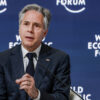The World Health Organization (WHO), has criticized and urged countries not to impose flight bans on southern African nations due to concerns over the new omicron variant.
WHO’s regional director for Africa; Matshidiso Moeti, called on countries to follow science and international health regulations to avoid using travel restrictions.
“Travel restrictions may play a role in slightly reducing the spread of COVID-19 but place a heavy burden on lives and livelihoods,” Moeti said in a statement.
“If restrictions are implemented, they should not be unnecessarily invasive or intrusive, and should be scientifically based, according to the International Health Regulations, which is a legally binding instrument of international law recognized by over 190 nations.”
Recall that the variant was identified days ago by researchers in South Africa. For now, much is still not known about it, including whether it is more contagious, more likely to cause serious illness, or more able to evade the protection of vaccines. But many countries rushed to act, reflecting anxiety about anything that could prolong the pandemic that has killed more than 5 million people.
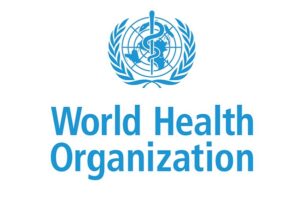 Moeti praised South Africa for following international health regulations and informing WHO as soon as its national laboratory identified the omicron variant.
Moeti praised South Africa for following international health regulations and informing WHO as soon as its national laboratory identified the omicron variant.
The speed and transparency of the South African and Botswana governments in informing the world of the new variant are to be commended,” said Moeti. “WHO stands with African countries which dared to boldly share life-saving public health information, helping protect the world against the spread of COVID-19.”
Cases of the omicron variant of the coronavirus popped up in countries on opposite sides of the world Sunday and many governments rushed to close their borders even as scientists cautioned that it’s not clear if the new variant is more alarming than other versions of the virus.
While investigations continue into the omicron variant, WHO recommends that all countries “take a risk-based and scientific approach and put in place measures which can limit its possible spread.”
Dr. Francis Collins, director of the National Institutes of Health in the United States, emphasized that there is no data yet that suggests the new variant causes more serious illness than previous COVID-19 variants.
“I do think it’s more contagious when you look at how rapidly it spread through multiple districts in South Africa,” Collins said on CNN’s “State of the Union.”
“With the omicron variant now detected in several regions of the world, putting in place travel bans that target Africa attacks global solidarity,” said Moeti. “COVID-19 constantly exploits our divisions. We will only get the better of the virus if we work together for solutions.”
WHO said it scaling up its support for genomic sequencing in Africa so sequencing laboratories have access to adequate human resources and testing reagents to work at full capacity. WHO also said is ready to offer additional help, reinforcing COVID-19 responses including surveillance, treatment, infection prevention, and community engagement in southern African countries, it said.












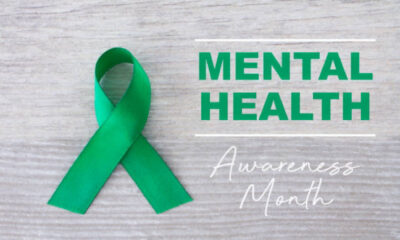
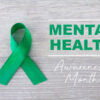
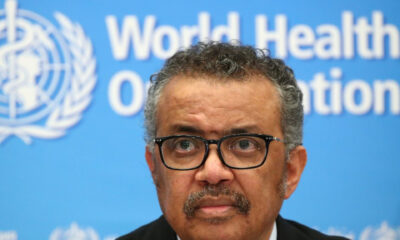
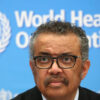
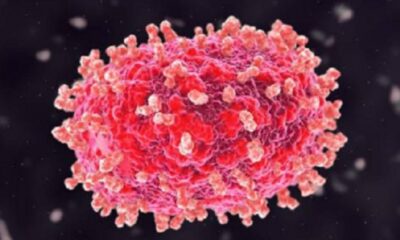
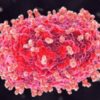


 Moeti praised South Africa for following international health regulations and informing WHO as soon as its national laboratory identified the omicron variant.
Moeti praised South Africa for following international health regulations and informing WHO as soon as its national laboratory identified the omicron variant.







